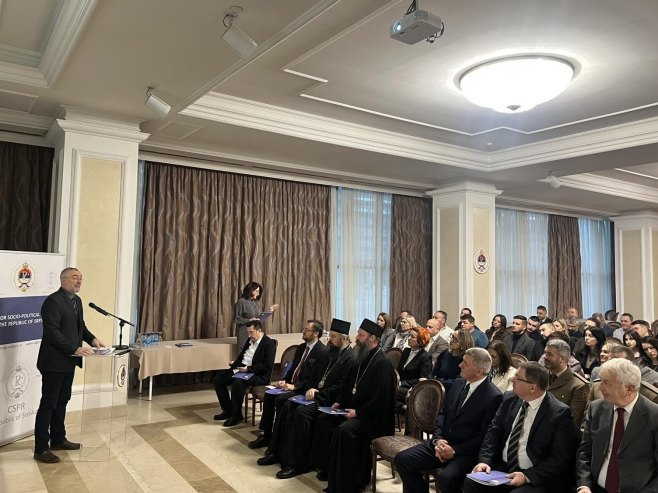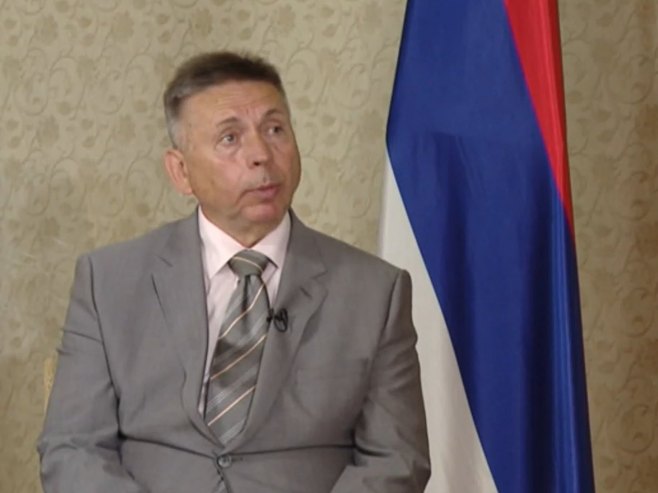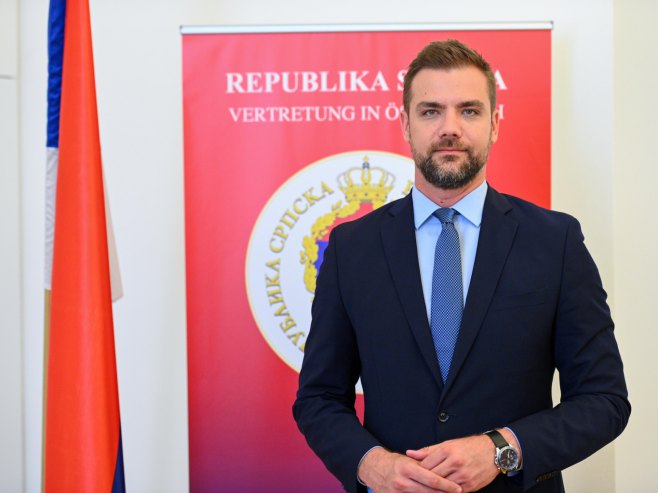The trial of the President of Republika Srpska, Milorad Dodik, is not a criminal proceeding against an individual, but rather a case primarily aimed against the legal order and sovereignty of Bosnia and Herzegovina, said Goran Bubić, Dodik’s defense attorney, in RTRS’s Special program.
“This is the disastrous consequence of a submissive relationship toward a foreigner who was not appointed in the manner prescribed by Annex 10 of the Dayton Peace Agreement,” Bubić stated.
Despite this, Bubić expressed hope that the second-instance decision is not “pre-written” and has yet to be rendered.
“Whether someone might learn the outcome earlier is possible. We only officially found out the composition of the judicial panel today,” he added.
Bubić reminded viewers that the Appellate Panel had rejected the defense’s motion to disqualify two members of the panel.
“Today we see both formally and informally that two judges who participated in the earlier phase of this case are now involved again. The BiH Criminal Procedure Code clearly states that a judge who took part in a lower-instance decision may not be part of the appeals panel. We were told our request was unfounded, and we now await a written explanation,” Bubić explained.
He noted that from the beginning of the hearing they asked when the panel president had been appointed.
“The case file is extensive—over 4,000 pages—and it requires time to become acquainted with the case. The appropriate course would have been to set a different date. All of this raises serious doubt about whether the question of impartiality will be met,” he emphasized.
The defense also proposed utilizing the mechanism available under Protocol No. 16 of the European Convention on Human Rights, which allows the highest court in BiH to request an advisory opinion from the European Court of Human Rights regarding the application of the Convention.
“We argue that on July 7, 2023, there was no amended law in force due to the principles of foreseeability and accessibility, since the imposed decision bypassed public debate and was not previously submitted to the Parliamentary Assembly for adoption—as was the previous practice of High Representatives who were legally appointed,” Bubić concluded.
Source: RTRS









